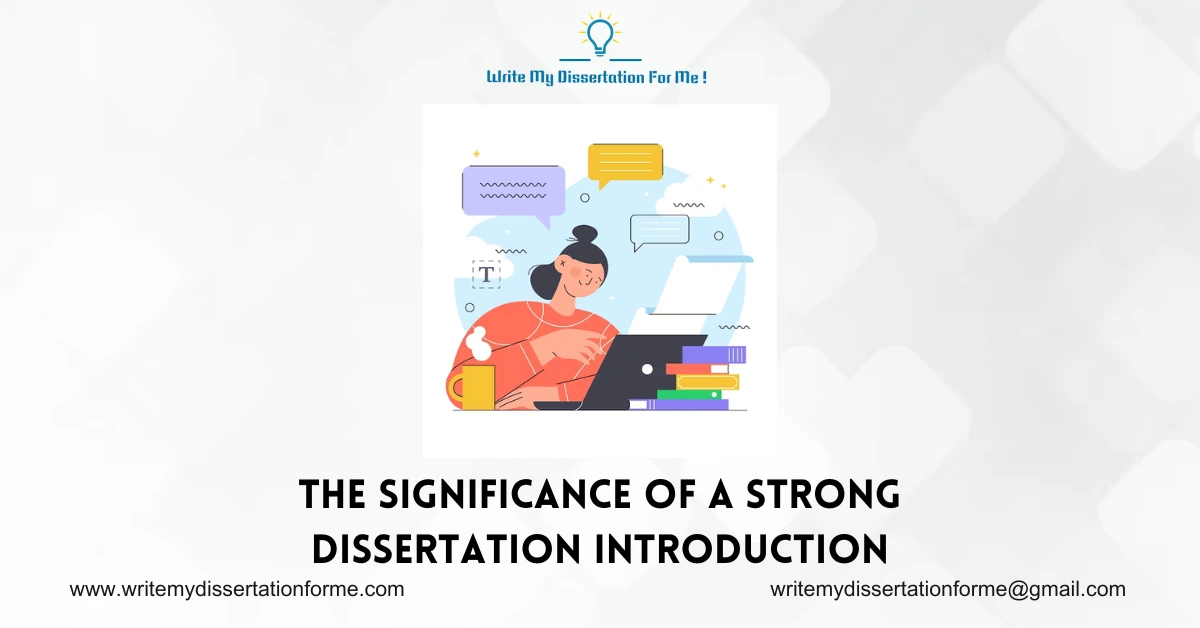Top 10 Tips For Writing A Dissertation Methodology
June 23 2025 | 02 min read

The top ten suggestions for writing your dissertation methodology are listed below. You can use this as a checklist to help you write your methodology.
If you want more help with writing a dissertation methodology, our post Writing your dissertation methodology provides answers to the most often asked questions by students and is jam-packed with useful tips.
1. Problem:
The methodology usually comes after your literature review, so it's helpful to briefly restate your dissertation's main research questions for clarity and concentration. Describe and provide context for the issues you are trying to solve.
2. Approach:
Provide a synopsis of your principal research strategy to help the reader understand and put your methods in context. You can clearly communicate to the reader that you fully comprehend the significance of meticulous, astute technique by outlining all methodological areas that you will be paying attention to, such as justification, rationale, sampling concerns, etc.
3. The ability to reproduce:
A hallmark of the correct scientific process is the capacity to replicate experimental results; repeatability also denotes increased legitimacy and utility in the humanities. Give a thorough explanation of your methods so that anyone who wants to refute your assertion can, if they so choose, repeat the same study.
4. Priority:
Examine whether your research approach is representative of similar studies conducted in your field of study. An examination of the pertinent literature will undoubtedly uncover some similar attempts, in which case, using such approaches could give your strategy credibility.
5. Justification:
It is imperative that you give good justifications for the research methodologies you have selected. This element is especially crucial when using a new or unconventional methodology. Methods that differ from similar endeavors need to be rigorously justified.
6. Justification:
There are nearly always several methodological approaches accessible, regardless of the sort of research. To support the strategies you have ultimately decided on, critically assess other alternatives in your justification. Analyze the benefits and drawbacks of each pertinent option, including your own.
7. Validity and dependability:
Issues of validity and reliability are crucial factors in all kinds of research and need to be specifically addressed. This category covers a wide range of topics, such as statistical significance, sources of error, accuracy, and precision.
8. Taking samples:
Although they can be categorized under validity and reliability, questions about sample size and sampling methods are frequently significant enough to warrant specific consideration. When planning and composing your technique, you should keep in mind the crucial effect that sample size has on the statistical significance of your findings.
9. The Appendix:
Keep your methodology chapter concise and clear by adding tangentially related information toward the conclusion of your dissertation. Typically, the appendix should contain copies of questionnaires and other methodological materials.
10. Generalisation:
Add a part to your methodology that specifically answers the question of how broadly the data gathered using your approach may be applied. When you are constructing your research, keep this in mind as well. Results that have general importance outside of your immediate data set will tend to make your final findings more compelling.
If you loved reading this, please share this,
also read

10 Reasons To Hire Someone For Dissertation Writing Services
In this blog post, we'll be discussing 10 reasons why you should consider hiring a dissertation writing service to...

Step-by-Step Guide to Getting Online Dissertation Assistance
Writing a dissertation may be difficult, draining, and fraught with unforeseen obstacles, much like climbing a mountain. It i...

The Significance of a Strong Dissertation Introduction
Graduate students who embark on a journey of scholarly inquiry and research often arrive at the culmination of their academic...